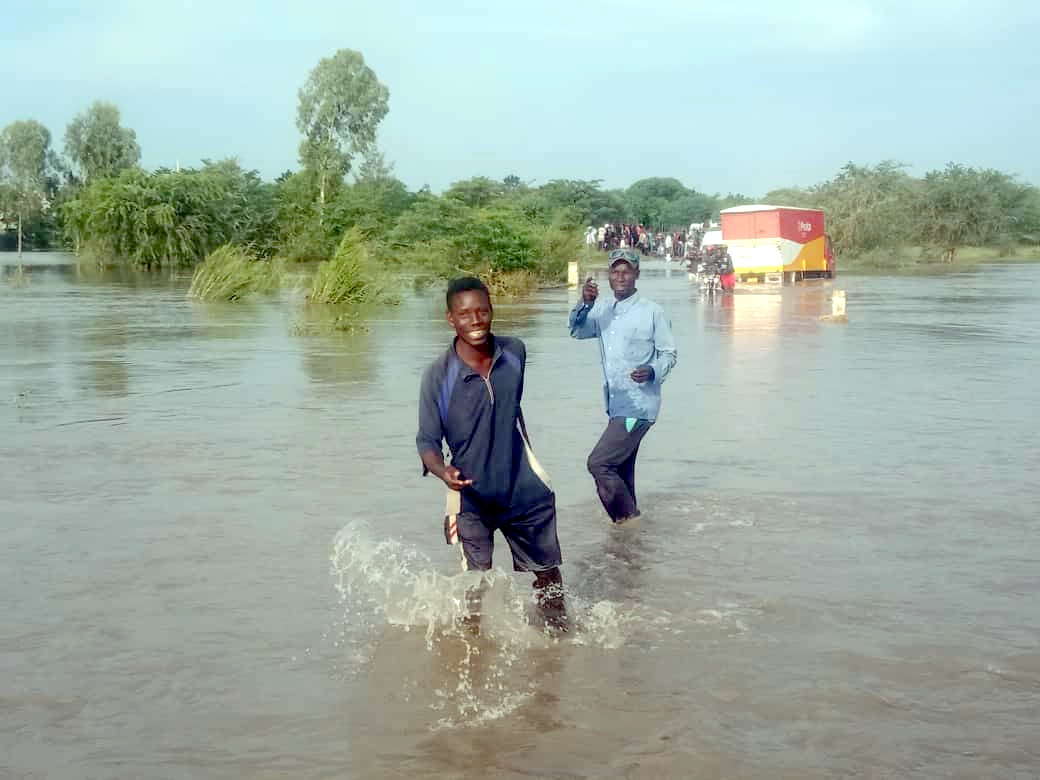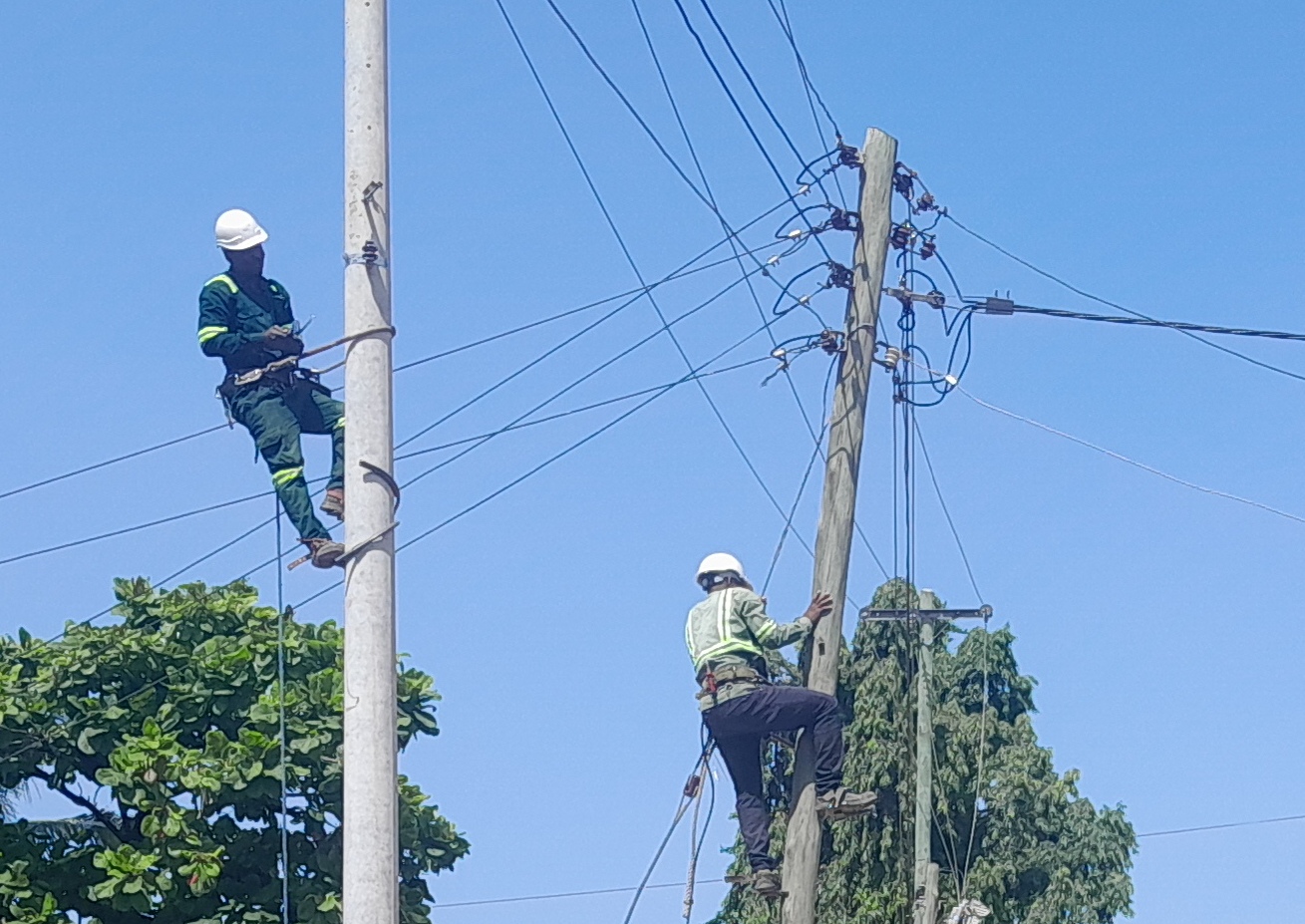Regional bloc warns of higher temperatures in horn of Africa

THE Intergovernmental Authority on Development (IGAD) has warned that at least seven countries in the Horn of Africa are likely to experience higher-than-normal temperatures from June to August, further compounding the region’s growing climate challenges.
In a seasonal forecast issued Monday, IGAD’s Climate Prediction and Applications Center (ICPAC) identified Ethiopia, Somalia, Kenya, Uganda, Rwanda, Burundi, and Tanzania as the countries expected to record significant temperature increases. Some areas in Ethiopia and Somalia may experience extreme heat exceeding 32 degrees Celsius.
“The seasonal temperatures are expected to be warmer than usual over northern, western, and eastern parts of the region,” ICPAC noted in its advisory. Despite projections of above-average rainfall in many parts of the region, the warming trend remains a concern, especially for sectors such as agriculture and public health. Warmer conditions can increase the risk of heatwaves, exacerbate water scarcity, and lead to reduced crop yields in already vulnerable areas.
ICPAC said that the rising temperatures are part of an increasing trend of climate variability impacting East and Central Africa. While rainfall may provide short-term relief in some areas, others are expected to remain dry or receive below-average precipitation. This includes western Ethiopia, western and northeastern South Sudan, and central southern Sudan.
“These variations underline the unpredictable nature of the region’s climate, with some areas experiencing both flooding and drought in the same season,” said an ICPAC official.
The region’s fragile food security is already under stress, with over 60 million people facing food insecurity due to prolonged droughts, conflict, and economic instability. The expected rise in temperatures may worsen these conditions, especially in areas where communities depend on rain-fed agriculture and livestock.
Experts warn that if governments do not intensify climate adaptation measures, such as investing in resilient infrastructure, early warning systems, and drought-resistant crops, the impacts could deepen poverty and displacement in the affected countries.
IGAD has urged national governments and humanitarian partners to remain vigilant and step up preparedness to mitigate the effects of the anticipated heat and climate-related risks. The bloc also called for regional collaboration to strengthen resilience and safeguard livelihoods. With the Horn of Africa already experiencing severe climate shocks, the upcoming season is a critical period for millions in the region.
Top Headlines
© 2025 IPPMEDIA.COM. ALL RIGHTS RESERVED






















